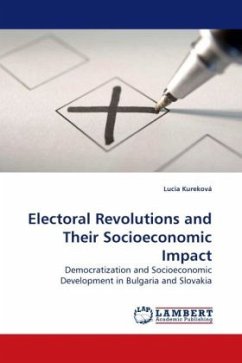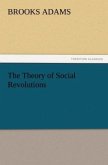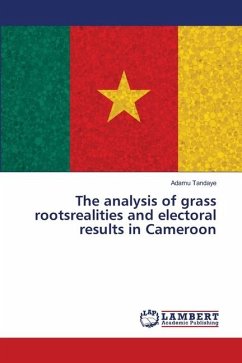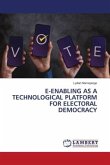This work sets out to unravel the effects of electoral revolutions which swept across the post-communist region, scrutinizing their impact on socio-economic consolidation. An extensive empirical comparison using qualitative case study is undertaken for two early cases of electoral breakthroughs, Bulgaria and Slovakia. The work investigates in which of three dimensions political, economic and social - was the contribution of the pivotal elections most crucial. The book argues that while the pivotal elections were clearly a success in a narrow understanding of de-powering illiberal incumbents, the post-electoral success in a broad sense of bringing tangible improvements materialized to the greatest extent on the dimension where the country had the most difficulties prior to the electoral breakthrough. In neither of the cases was the sizeable improvement in democratization and in macroeconomic criteria accompanied by a similar improvement in social dimension. The book seeks to be a contribution to transition literature and to the works which look at the relationship between democratisation, economic development and welfare. It is a useful read for academics and policy-makers alike.







